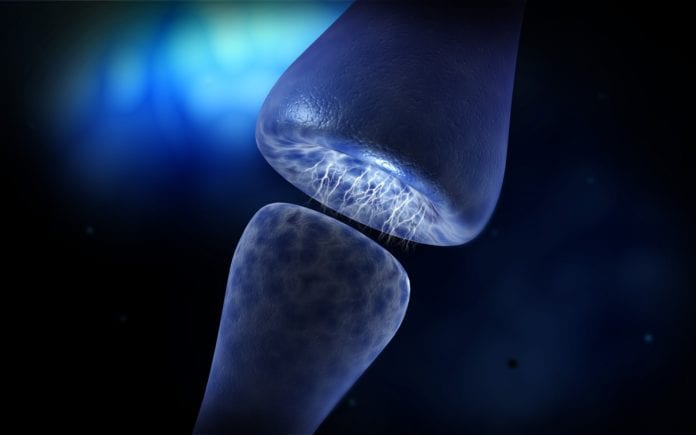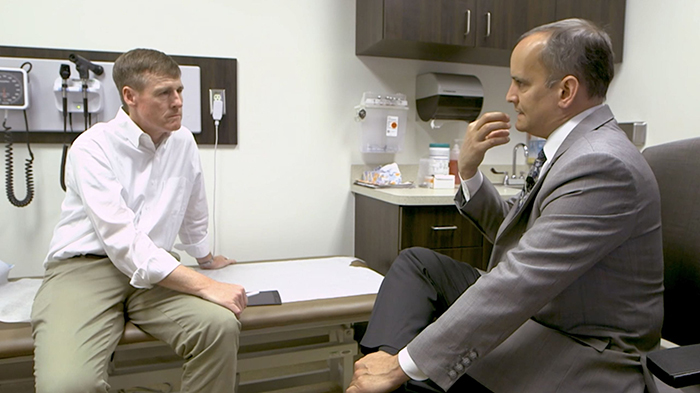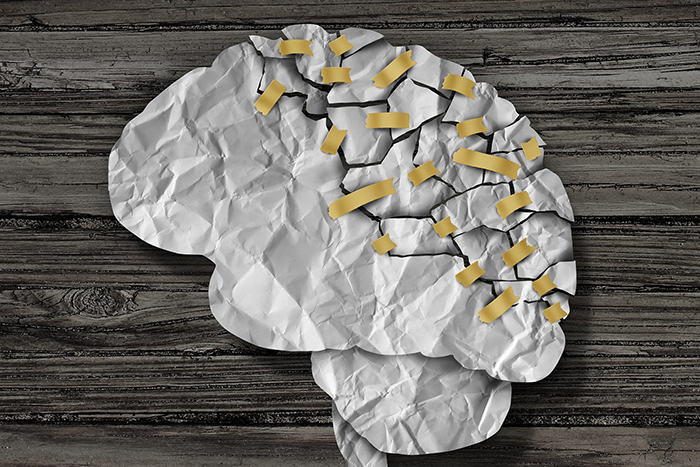Being a star athlete is every kid’s dream, and for Nate Lewis that dream became a reality. Nate’s passion for football started when he was just 10 years old. He loved the game and was driven to make it to the top. A combination of talent and grit led Nate to be recruited by the University of Georgia during his senior year of high school and he was later drafted by the National Football League (NFL).
For six years, Nate played professionally for the San Diego Chargers and the Chicago Bears. He was living out his childhood dream — powerful, respected and successful in his career. Unfortunately, the dream of being a famous football player often leaves out bits of reality — like the beating a player’s body takes on the field. Nate got his first concussion as a young teen, and several more followed throughout his football career. He can’t remember exactly how many concussions he’s endured, but he estimates 20 or more.
Nate was a powerhouse on the field, playing through the pain and confusion of concussions with nothing more than a short break to ice his head and neck. But after playing in the NFL for six years, his coaches said that his body was beat up and that he just had too many injuries.




